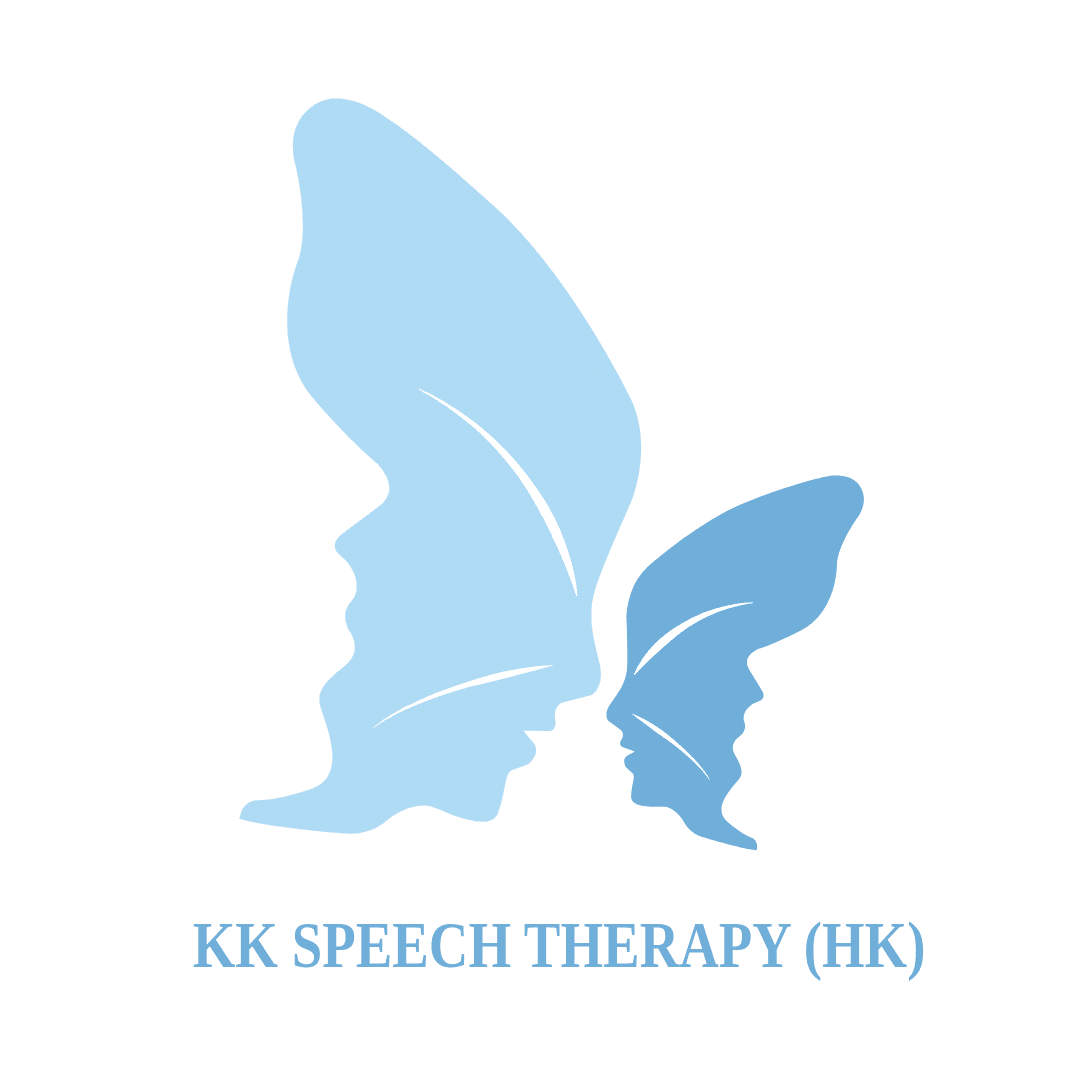Dyslexia Treatment
At our clinic, we specialize in providing evidence-based dyslexia treatment for children and adults struggling with reading, writing, and spelling difficulties. Dyslexia is a learning disorder that impacts skills like phonemic awareness, word recognition, decoding, and spelling. Early identification and proper intervention are crucial for remediating Dyslexia.



Our team of speech-language pathologists have extensive training and experience in treating the underlying deficits of dyslexia using scientifically proven methods. We don’t rely on generalized teaching techniques or strategies lacking empirical research. Instead, our dyslexia treatment strictly adheres to interventions validated through studies.
With consistent treatment at the recommended dosage from our highly trained clinicians, children and adults can make remarkable progress in their reading, writing, and spelling abilities. Early intervention is the best, but it’s never too late to benefit.

Dyslexia Treatment : Diagnosing and Treatment Steps
Diagnosing dyslexia involves a comprehensive evaluation:
1. Developmental History: Doctors review the child’s milestones in development, such as the age at which they started talking and walking. This helps in understanding if there are any underlying issues affecting learning.
Example: A child who started talking much later than peers might undergo further assessment for language-related disorders.
2. Questionnaires: Parents, teachers, and sometimes the child fill out questionnaires to provide insights into reading and language abilities.
Example: A teacher might note difficulties in recognizing common words or problems with rhyming.
3. Vision, Hearing, and Neurological Tests: These tests ensure that the child’s difficulties are not due to sensory deficits or neurological issues.
Example: An eye exam might rule out vision problems that could impact reading.
4. Psychological Evaluation: This identifies any emotional or mental health issues that could interfere with learning.
Example: Anxiety or attention-deficit/hyperactivity disorder (ADHD) might be detected during this evaluation.
5. Academic Testing: Reading and writing skills are assessed through standardized tests to pinpoint specific areas of difficulty.
Example: A test might reveal that a child struggles significantly with phonemic awareness, the ability to hear and manipulate sounds in words.
Dyslexia Treatment Plan
Treatment for dyslexia focuses on educational strategies and support:
1. Educational Techniques involve multisensory approaches that engage multiple senses to aid learning.
Example: Programs like Orton-Gillingham use visual, auditory, and kinesthetic-tactile pathways simultaneously to enhance reading skills.
2. Individualized Education Plan (IEP): Schools develop customized learning plans that address the child’s specific needs.
Example: An IEP might include extended time on tests, audiobooks, and one-on-one tutoring sessions.
3. Parental Support: Active involvement from parents in the learning process is crucial. Reading together and encouraging reading practice are beneficial.
Example: A parent might set aside time each evening to read with their child, discussing the story and asking questions to improve comprehension and engagement.

If you suspect a loved one may have dyslexia, don’t wait. Contact us to schedule an evaluation. Our evidence-based dyslexia treatment can put them on a path to becoming skilled, confident readers and writers.
Why KK Speech Therapy?
- Trilingual Therapy Services: Our speech therapists are all bilingual and are able to deliver therapy fluently in Cantonese, Mandarin, and English to meet the needs of diverse linguistic backgrounds with utmost professionalism.
- Experienced and Trusted Speech Therapy Team: Our team has extensive expertise, successfully supporting numerous adults in improving language and swallowing abilities.
- Personalized Treatment Plans: We design tailored intervention strategies based on each client’s unique needs and circumstances.
- Ongoing Progress Monitoring and Adjustments: We regularly assess treatment outcomes and adapt strategies to ensure therapeutic goals are met.
- Supportive Family Program: We empower family members to become the most effective supporters of stroke patients as well as effective advocates for their child’s language and social development.
Contact Us
WhatsApp: +852 96274551
WeChat: KKspeechtherapy
